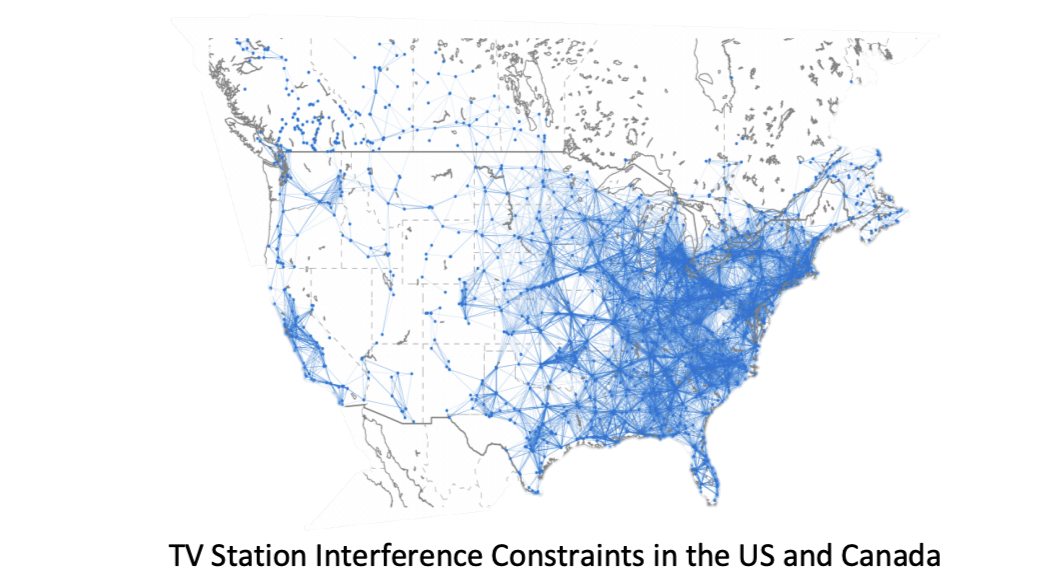For IEEE Micro, July-August. The corona virus turned crowded places into transmission hot spots. Coffee shops, popular restaurants, and arenas closed in the United States in March, along with dentist offices, schools, and other places where super-spreading took place. Shelter-in-place mandates went into effect starting on March 17 in many states, and more than forty …
Covid-19 and ‘Forced’ Experimentation
I have started a new email newsletter, Plugging the Gap, that looks at economics and Covid-19. Here is today's post which overlaps with usual Digitopoly fodder. You can subscribe here. In an unprecedented move, Disney has decided to release the live-action, Mulan, (previously slated to be a big summer blockbuster) online using its Disney+ streaming …
App Store Pricing Controversies
This week, a new email service, Hey.com, had their app halted (and maybe potentially removed as it had been previously listed by what Apple has called 'an error') because they do not offer the ability to purchase the service through the app. Without paying for the app, the Hey service is useless. Thus, Hey offers …
The Market Design Community and the Broadcast Incentive Auction: Fact-Checking Glen Weyl’s and Stefano Feltri’s False Claims
[Editor's Note: This is a guest post from Professor Paul Milgrom, the co-founder and Chairman of Auctionomics, is the Shirley and Leonard Ely Professor of Economics at Stanford University. According to his 2020 Distinguished Fellow citation from the American Economic Association, Milgrom “is the world’s leading auction designer, having helped design many of the auctions for …
New Book and New Publication Process
I have been spending my quarantine absorbing research on COVID-19 -- especially economic research -- and, in the process, have written a book, Economics in the Age of COVID-19 that will be published at the end of the month by MIT Press. Here is what is interesting about the process. Clearly, this has been quick. …
Clay Christensen: Mild-Mannered Disruptor
Clay Christensen passed away yesterday at the age of 67. It is hard to think of a management scholar in modern times who has had as broad an impact. There is nary an entrepreneur nor a business person who hasn't heard of his ideas. The same is true of academics. His is credited, most significantly, …
Continue reading "Clay Christensen: Mild-Mannered Disruptor"
Year in Review: Digital Events in 2019
What happened in the world of IT? Who deserves notoriety for their behavior? It is time to review 2019, and, while we are at it, make a mockery of the most noteworthy. After all, the world is already messed up, so at least let's have a bit of fun. Reminder: The awards generate no money, …
Does a wealth tax discourage risky investments?
The other day I wrote about the potential impact of a wealth tax. In so doing, I wrote: "we can all agree that the wealth tax likely deters risk-free saving." This was a paraphrase of a claim made by Larry Summers who then went on to say that it was unknown whether a wealth tax …
Continue reading "Does a wealth tax discourage risky investments?"
Innovation + Equality
Today is publication day for Innovation + Equality: How to create a future that is more Star Trek than Terminator (MIT Press). This is my book -- co-authored with Andrew Leigh (the author of Randomistas) -- that examines the relationship between having more equality and more innovation. We make the case that you can have …
Does being rich make you better at allocating capital?
Thanks to this interesting debate last week between Saez, Summers and Mankiw on the wealth tax, there has been considerable discussion of the possible effects of a wealth tax. As is usual with these things, the main discussion has been what a wealth tax will do to the behaviour of those taxed at the margin. …
Continue reading "Does being rich make you better at allocating capital?"




